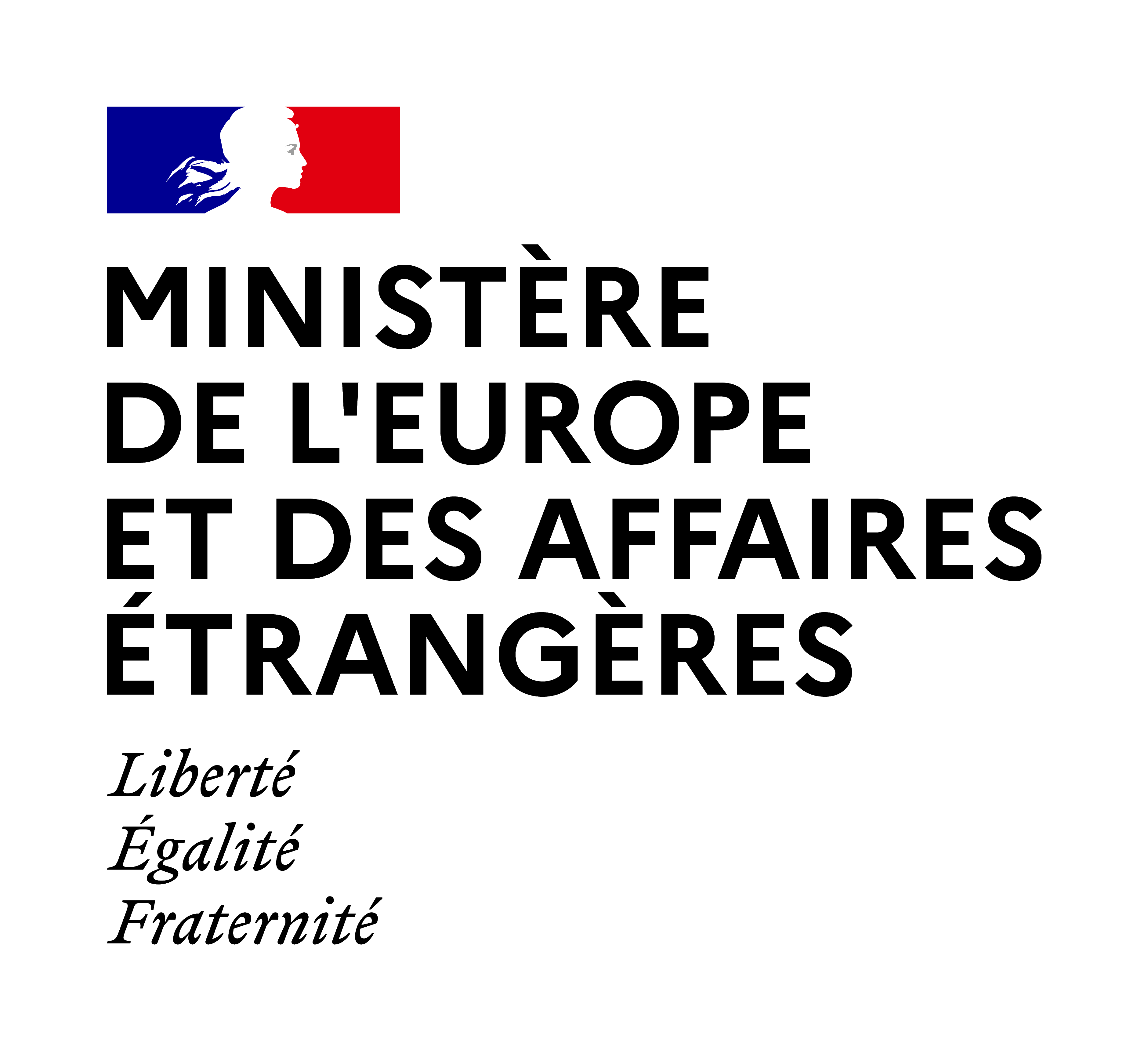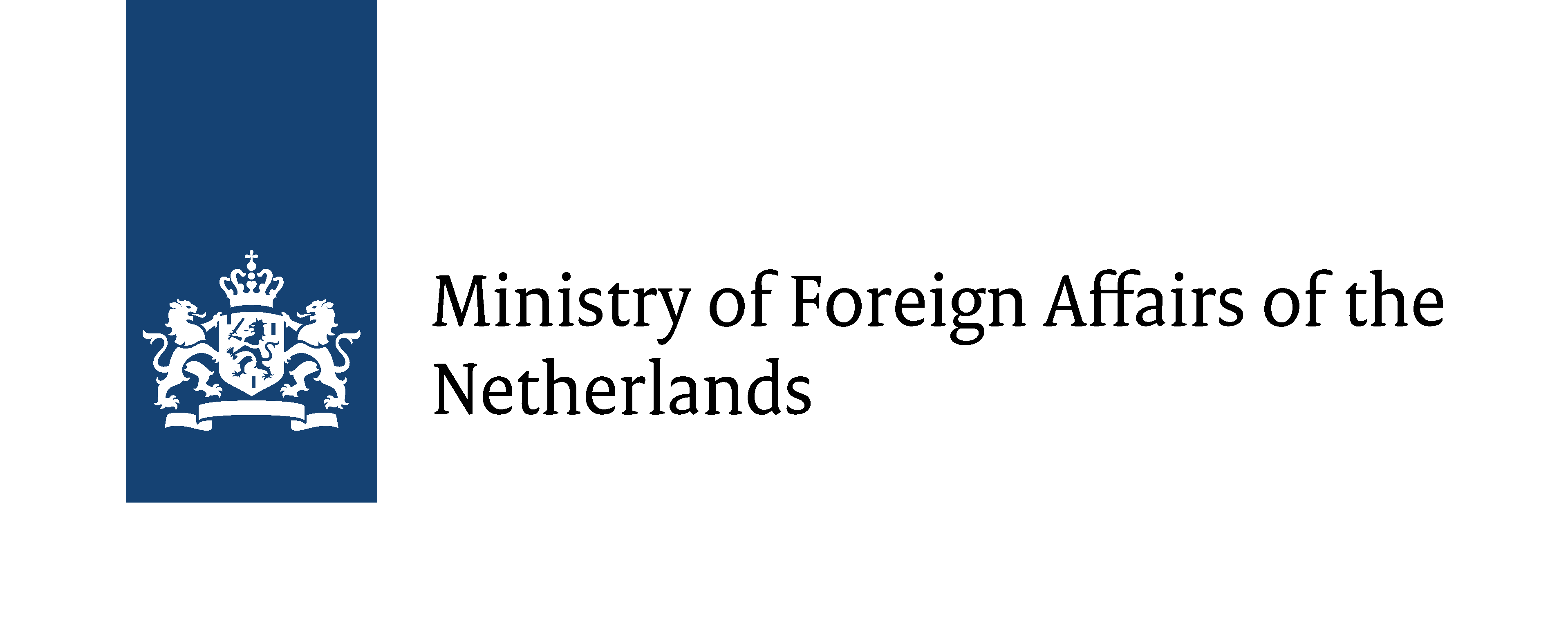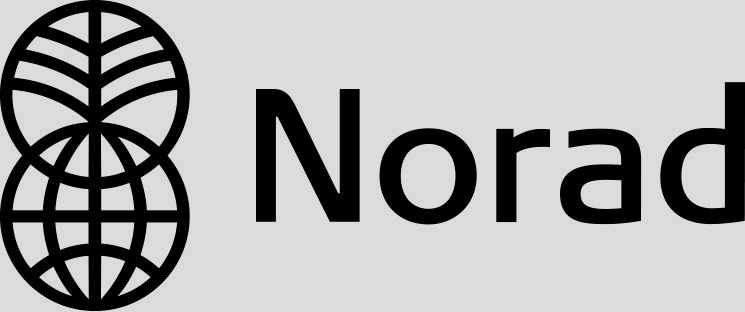Partner Organizations




Development Partners






The project pursues three objectives:
1. Generate rigorous evidence on what works in tax policy design, and on the link between taxes, firm dynamics and labor markets, in low and middle-income countries (LMICs), to feed into Public Finance Reviews and inform policy dialogue geared towards fostering green, resilient and inclusive development;
2. Build capacity for analytical work with microdata and embed a culture of evidence-based policy design in client countries and partner institutions;
3. Strengthen synergies between the World Bank’s operational and analytical work on tax across a heterogeneous set of countries to generate global public knowledge goods and position the Bank as the global knowledge hub on tax data analytics.
The project pursues three objectives:
1. Generate rigorous evidence on what works in tax policy design, and on the link between taxes, firm dynamics and labor markets, in low and middle-income countries (LMICs), to feed into Public Finance Reviews and inform policy dialogue geared towards fostering green, resilient and inclusive development;
2. Build capacity for analytical work with microdata and embed a culture of evidence-based policy design in client countries and partner institutions;
3. Strengthen synergies between the World Bank’s operational and analytical work on tax across a heterogeneous set of countries to generate global public knowledge goods and position the Bank as the global knowledge hub on tax data analytics.
The project pursues three objectives:
1. Generate rigorous evidence on what works in tax policy design, and on the link between taxes, firm dynamics and labor markets, in low and middle-income countries (LMICs), to feed into Public Finance Reviews and inform policy dialogue geared towards fostering green, resilient and inclusive development;
2. Build capacity for analytical work with microdata and embed a culture of evidence-based policy design in client countries and partner institutions;
3. Strengthen synergies between the World Bank’s operational and analytical work on tax across a heterogeneous set of countries to generate global public knowledge goods and position the Bank as the global knowledge hub on tax data analytics.
The project pursues three objectives:
1. Generate rigorous evidence on what works in tax policy design, and on the link between taxes, firm dynamics and labor markets, in low and middle-income countries (LMICs), to feed into Public Finance Reviews and inform policy dialogue geared towards fostering green, resilient and inclusive development;
2. Build capacity for analytical work with microdata and embed a culture of evidence-based policy design in client countries and partner institutions;
3. Strengthen synergies between the World Bank’s operational and analytical work on tax across a heterogeneous set of countries to generate global public knowledge goods and position the Bank as the global knowledge hub on tax data analytics.
The project pursues three objectives:
1. Generate rigorous evidence on what works in tax policy design, and on the link between taxes, firm dynamics and labor markets, in low and middle-income countries (LMICs), to feed into Public Finance Reviews and inform policy dialogue geared towards fostering green, resilient and inclusive development;
2. Build capacity for analytical work with microdata and embed a culture of evidence-based policy design in client countries and partner institutions;
3. Strengthen synergies between the World Bank’s operational and analytical work on tax across a heterogeneous set of countries to generate global public knowledge goods and position the Bank as the global knowledge hub on tax data analytics.
The project pursues three objectives:
1. Generate rigorous evidence on what works in tax policy design, and on the link between taxes, firm dynamics and labor markets, in low and middle-income countries (LMICs), to feed into Public Finance Reviews and inform policy dialogue geared towards fostering green, resilient and inclusive development;
2. Build capacity for analytical work with microdata and embed a culture of evidence-based policy design in client countries and partner institutions;
3. Strengthen synergies between the World Bank’s operational and analytical work on tax across a heterogeneous set of countries to generate global public knowledge goods and position the Bank as the global knowledge hub on tax data analytics.
The project pursues three objectives:
1. Generate rigorous evidence on what works in tax policy design, and on the link between taxes, firm dynamics and labor markets, in low and middle-income countries (LMICs), to feed into Public Finance Reviews and inform policy dialogue geared towards fostering green, resilient and inclusive development;
2. Build capacity for analytical work with microdata and embed a culture of evidence-based policy design in client countries and partner institutions;
3. Strengthen synergies between the World Bank’s operational and analytical work on tax across a heterogeneous set of countries to generate global public knowledge goods and position the Bank as the global knowledge hub on tax data analytics.









